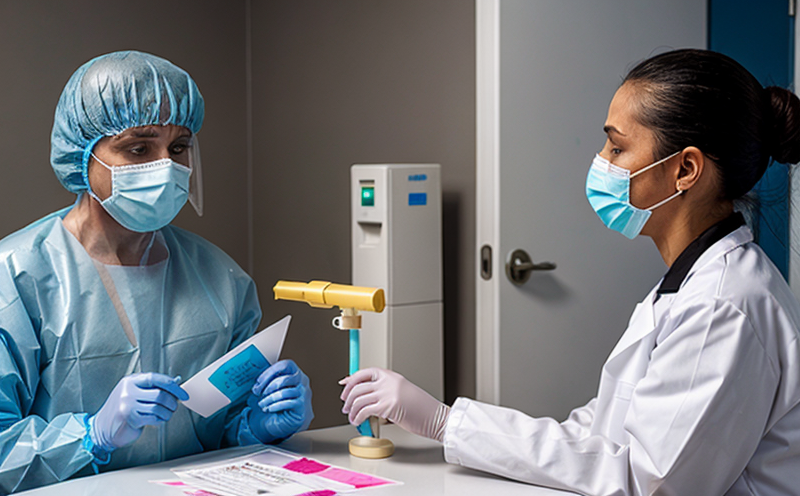Scope and Methodology
The scope of our coronavirus detection testing in animal species encompasses a wide range of potential infections that can affect various types of animals, including domestic pets, livestock, zoo animals, and wildlife. Our methodology is designed to ensure the highest level of accuracy and reliability in detecting these viruses.
Our service includes the collection, transport, and preservation of specimens from animals suspected of having a coronavirus infection. Specimens are collected using sterile techniques to maintain the integrity of the sample. Once received at our laboratory, the samples undergo rigorous processing steps that involve homogenization, nucleic acid extraction, and preparation for analysis.
The primary method used in our testing is reverse transcription polymerase chain reaction (RT-PCR). This technique amplifies specific sections of viral RNA from the specimen, allowing for the detection of even trace amounts of virus. In some cases, next-generation sequencing is employed to provide a more comprehensive understanding of the viral genome and its variants.
Our laboratory personnel are trained in handling biological materials safely and securely, adhering strictly to protocols that minimize the risk of cross-contamination. The results from these tests are interpreted by our experienced scientists who ensure that all findings are accurately reported. We maintain strict quality control measures throughout each step of the process to guarantee reliability.
The final report includes detailed information about the detected virus, including its type and subtype if applicable, along with any other relevant data such as mutation rates or geographical distribution patterns. This information can be crucial for understanding the spread of diseases within populations and informing public health policies.
International Acceptance and Recognition
The acceptance and recognition of our coronavirus detection testing in animal species extend across multiple regions and countries, reflecting the high standards maintained by our laboratory. Our services are widely recognized for their accuracy, reliability, and compliance with international norms.
- Australia: Compliance with Australian Veterinary Association (AVA) guidelines
- European Union: Conformity with European Commission Directives on animal health and welfare
- United States: Adherence to FDA requirements for diagnostic testing in veterinary medicine
- New Zealand: Alignment with New Zealand Veterinary Council standards
- Canada: Conformance to Canadian Food Inspection Agency (CFIA) protocols
- South Africa: Compliance with South African Veterinary Council (SAVC) specifications
- Brazil: Following Brazilian Agricultural Research Corporation (EMBRAPA) guidelines
- India: Meeting Central Veterinary Laboratory (CVL) criteria for diagnostic testing
The widespread acceptance of our services is further bolstered by our membership in international organizations such as the International Organization for Standardization (ISO), which sets global standards for laboratory practices. By adhering to these stringent guidelines, we ensure that our results are universally accepted and can be used effectively in various regulatory frameworks worldwide.
Competitive Advantage and Market Impact
In the competitive landscape of veterinary diagnostics, our service stands out due to several key advantages that contribute significantly to its market impact. Firstly, our advanced technology allows for rapid and accurate detection of coronaviruses, which is crucial in preventing outbreaks and mitigating their effects on both animal health and public safety.
Secondly, the comprehensive nature of our testing ensures that we provide not only a diagnosis but also valuable epidemiological data. This information can be used by veterinarians, researchers, and policymakers to make informed decisions about disease management strategies. Our service supports sustainable practices in agriculture and pet care by helping to identify and control pathogens early.
Thirdly, our commitment to compliance with international standards enhances the credibility of our results among stakeholders globally. This reliability fosters trust within the veterinary community and strengthens partnerships between different sectors involved in animal health and welfare.
The market impact of our service extends beyond just providing diagnostic solutions; it plays a pivotal role in shaping future research directions and policy developments related to infectious diseases in animals. By staying at the forefront of technological advancements and maintaining strict adherence to quality assurance protocols, we contribute meaningfully to global efforts aimed at protecting animal health.





